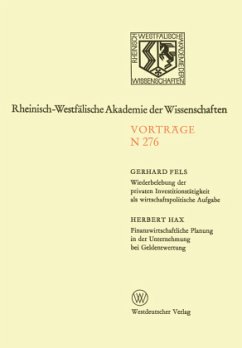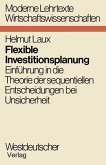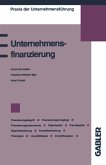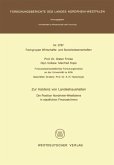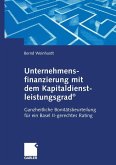The paper deals with the problem, how the profits of a firm are in fluenced by inflation; some conclusions are drawn for the firm's invest ment and financing policy. Profit is defined as the part of cash flow which may be distributed to owners without impairing the firm's real capital. For a firm with a positive profit stream under constant prices it is shown that inflation may cause negative profits, even if all prices rise with the same rate. This means that it is not sufficient for the preser vation of real capital if rises in factor prices result in proportional rises of sales prices. This ist due to two effects: The first effect is caused by the necessity to hold cash and other monetary assets for current transactions; the growth of these assets, which is roughly proportional to the price level, has to be financed out of the cash flow thus reducing profit. The second effect is due to taxation; accounting profits are calculated on the basis of historical prices for inventories and depreciation. Financial plan ning must take into consideration the effects of inflation and try to find counter-strategies. Further the analysis permits some conclusions on the value of the firm and the rate of return on shares. It is shown, that the rate of return on shares will be higher than the rate of inflation (i. e.
Hinweis: Dieser Artikel kann nur an eine deutsche Lieferadresse ausgeliefert werden.
Hinweis: Dieser Artikel kann nur an eine deutsche Lieferadresse ausgeliefert werden.

